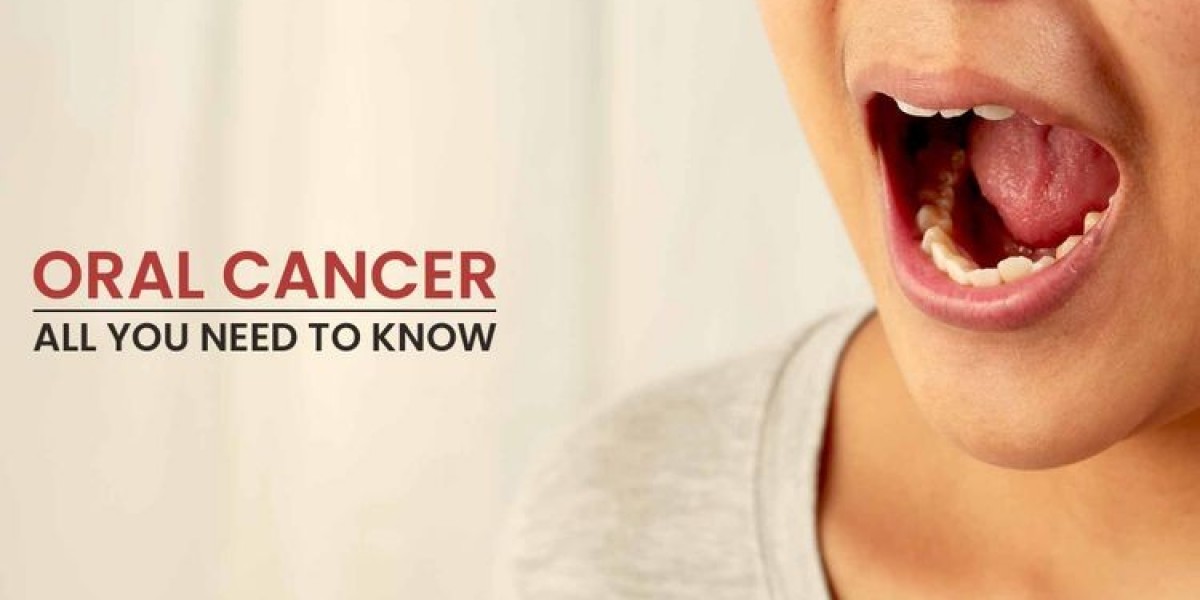Oral cancer is one of the fastest-growing health concerns in the country today. With lifestyle changes, tobacco consumption, and late diagnosis playing a significant role, awareness and timely medical intervention are crucial. If you or someone you know is searching for detailed insights on Oral Cancer India, this article will help you understand the causes, symptoms, risk factors, and available treatment options. At Indian Health Adviser, our mission is to provide reliable and well-researched information that can guide patients and their families toward better healthcare decisions.
What is Oral Cancer?
Oral cancer refers to the uncontrolled growth of abnormal cells in the mouth, lips, tongue, gums, or the inner lining of the cheeks. It is a subset of head and neck cancers, and in many cases, it is directly linked to the consumption of tobacco, alcohol, and betel nut (areca nut). In India, oral cancer accounts for nearly 30–40% of all cancer cases, making it one of the most pressing health concerns today.
Causes and Risk Factors
The primary cause of oral cancer in India is lifestyle-related. Some of the common factors include:
Tobacco Use – Smoking cigarettes, cigars, or chewing tobacco increases the risk of developing oral cancer significantly.
Alcohol Consumption – Heavy drinking combined with tobacco usage multiplies the risk.
Areca Nut (Supari) Chewing – Widely used in India, this habit is strongly associated with mouth cancers.
HPV Infection – The Human Papillomavirus is an increasing cause of oral cancers globally, including in India.
Poor Oral Hygiene – Chronic irritation, sharp teeth, or ill-fitted dentures may increase risks.
Family History – A genetic predisposition also plays a role.
Symptoms of Oral Cancer
Detecting oral cancer early is key to successful treatment. Common symptoms include:
Persistent mouth sores that do not heal
Red or white patches inside the mouth
Difficulty swallowing or chewing
Unexplained bleeding in the mouth
A lump or thickening in the cheek
Constant sore throat or hoarseness
Pain or numbness in the lips or tongue
If these symptoms persist for more than two weeks, consulting a doctor is strongly recommended.
Why is Oral Cancer So Prevalent in India?
India has one of the highest rates of oral cancer in the world. The widespread use of chewing tobacco and gutka among both urban and rural populations is a significant contributing factor. Additionally, lack of awareness, stigma associated with cancer, and late diagnosis worsen the situation. Many patients in India seek medical attention only when the cancer has reached advanced stages, making treatment more difficult and costly.
Diagnosis of Oral Cancer
To confirm a diagnosis, doctors usually perform:
Physical Examination – Checking the mouth, throat, and neck for abnormal growths.
Biopsy – Removing a small tissue sample for lab testing.
Imaging Tests – MRI, CT scans, or X-rays to determine the spread of the disease.
HPV Testing – In cases where viral infections are suspected.
Early detection through regular dental check-ups and screenings can save lives.
Treatment Options for Oral Cancer in India
Treatment depends on the stage, size, and location of the cancer. Common methods include:
Surgery – Removal of the tumor and surrounding tissues.
Radiation Therapy – High-energy rays used to kill cancer cells.
Chemotherapy – Drugs that destroy cancerous cells.
Targeted Therapy – Drugs designed to specifically target cancer cell proteins.
Immunotherapy – Strengthening the body’s immune system to fight cancer.
India has world-class hospitals with advanced oncology departments providing these treatments at a fraction of the cost compared to Western countries. Many patients travel internationally to India for affordable, high-quality care.
Oral Cancer Treatment Costs in India
The cost of oral cancer treatment in India varies based on the hospital, stage of cancer, and treatment plan. Surgery may cost between ₹2–5 lakhs, while chemotherapy and radiation sessions may add further expenses. Despite the costs, India remains a preferred destination for cancer care because of its affordability, expert doctors, and advanced facilities.
If you want a detailed overview of treatment options and expenses, you can explore Oral Cancer India for comprehensive guidance.
Preventing Oral Cancer
Prevention is always better than cure. Here are some ways to reduce risk:
Avoid tobacco and alcohol entirely.
Quit chewing betel nut or gutka.
Maintain proper oral hygiene.
Eat a balanced diet rich in fruits and vegetables.
Protect lips from excessive sun exposure.
Get regular dental check-ups for early detection.
The Role of Indian Health Adviser
At Indian Health Adviser, we believe that spreading awareness and providing trustworthy health information is the first step toward prevention and cure. By educating people on the dangers of tobacco, the importance of early diagnosis, and the availability of modern treatments in India, we aim to make a meaningful difference in the fight against oral cancer.
Conclusion
Oral cancer is a growing concern in India, but it is both preventable and treatable when detected early. Lifestyle modifications, regular screenings, and timely medical intervention can save countless lives. With advancements in oncology and the availability of world-class treatment facilities, patients in India can access top-quality care at affordable costs. By raising awareness and taking proactive steps, we can reduce the burden of oral cancer and ensure healthier futures for millions.































